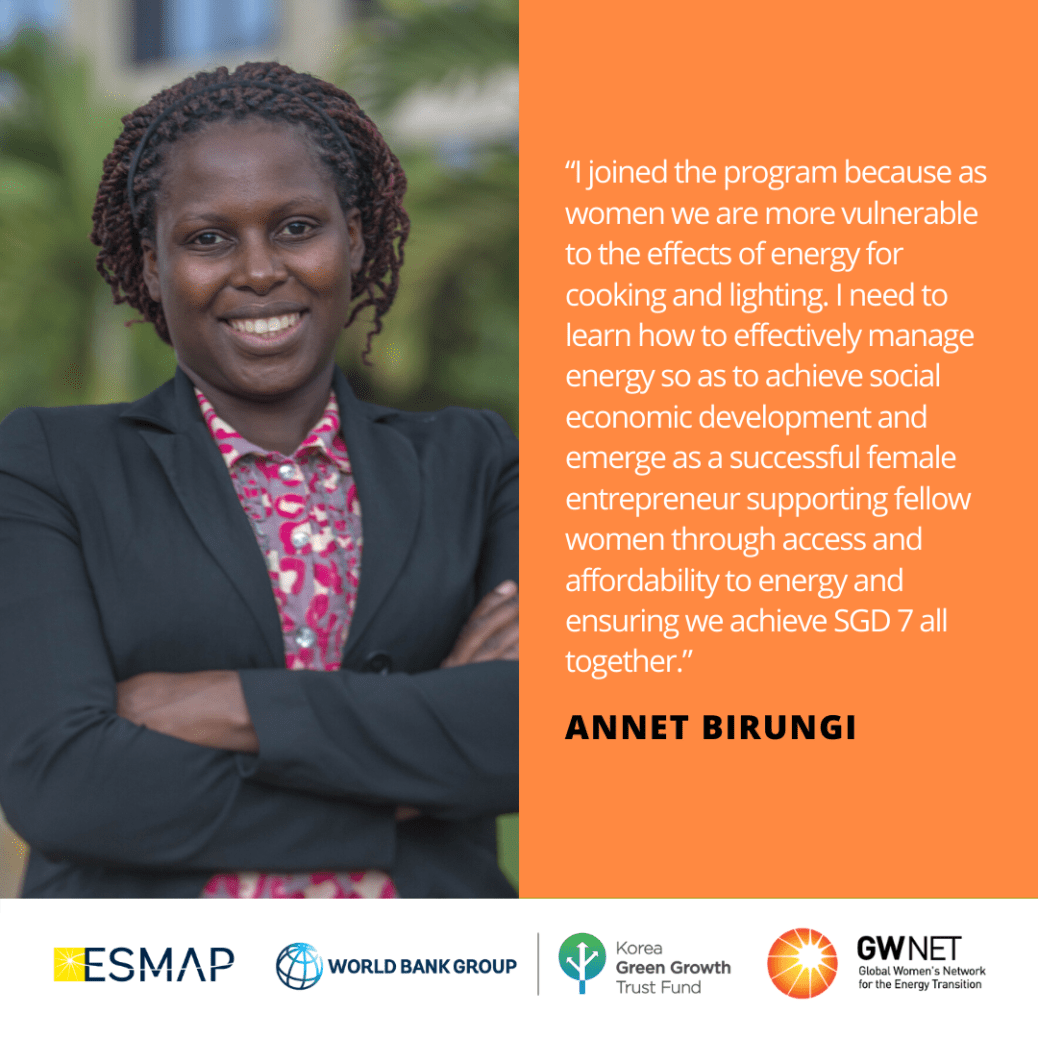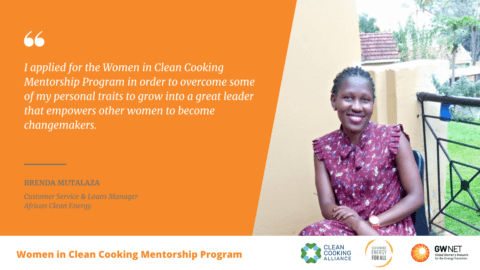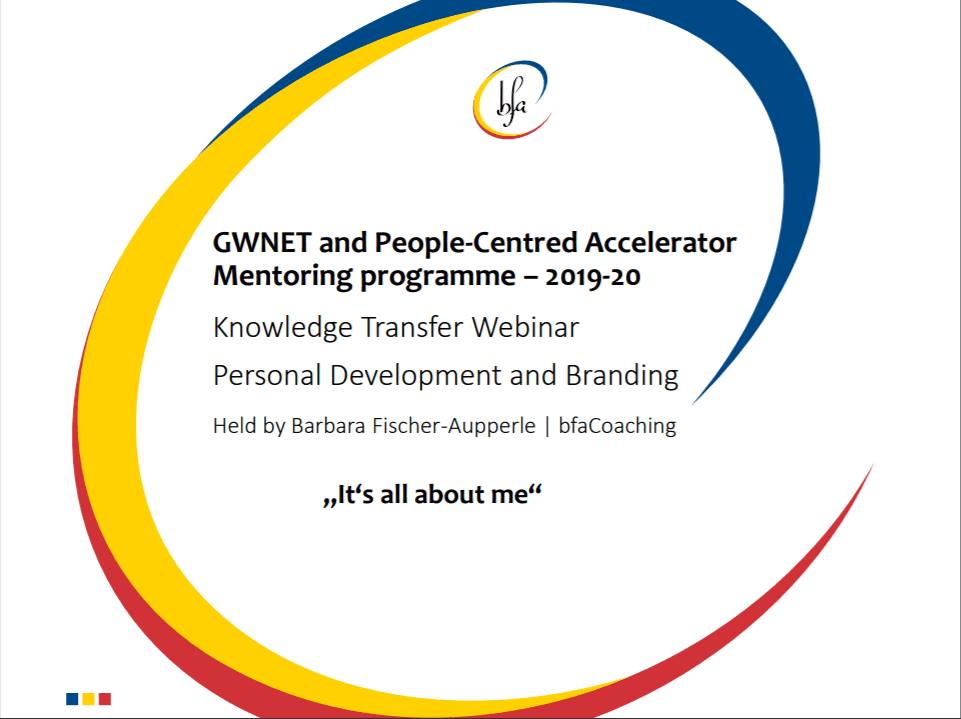The Women in Energy Storage Mentoring Programme sat down with Annet Birungi, one of this year’s participants, to chat about her journey in renewable energy and the challenges and opportunities for women in the energy storage sector.
1) Tell us a little about yourself. What do you love most about what you do?
I have 6 years of experience in distributing affordable and clean energy technologies. I grew up in a village where the only source of lighting was kerosene/paraffin, and at one point I almost got burned while revising at night for my primary leaving exams. I also suffered from the smoke-related health effects of using kerosene for lighting as well as cooking using the traditional three-stone method.
With this experience, I realized that women and children are the most vulnerable and affected population due to the lack of affordable, accessible and clean energy. I developed a keen interest in clean energy after my university diploma and received training with UNIDO and GIZ on the construction of improved, energy-saving cookstoves. The first step was to construct these cookstoves in my village as well as train other people to construct in the same way. I am now skilled in designing improved cookstoves that can save up 70% of the fuel used for cooking.
What I love is that women are committed and concerned about accessing clean energy and that communities are able to recognize their contribution in developing their societies.
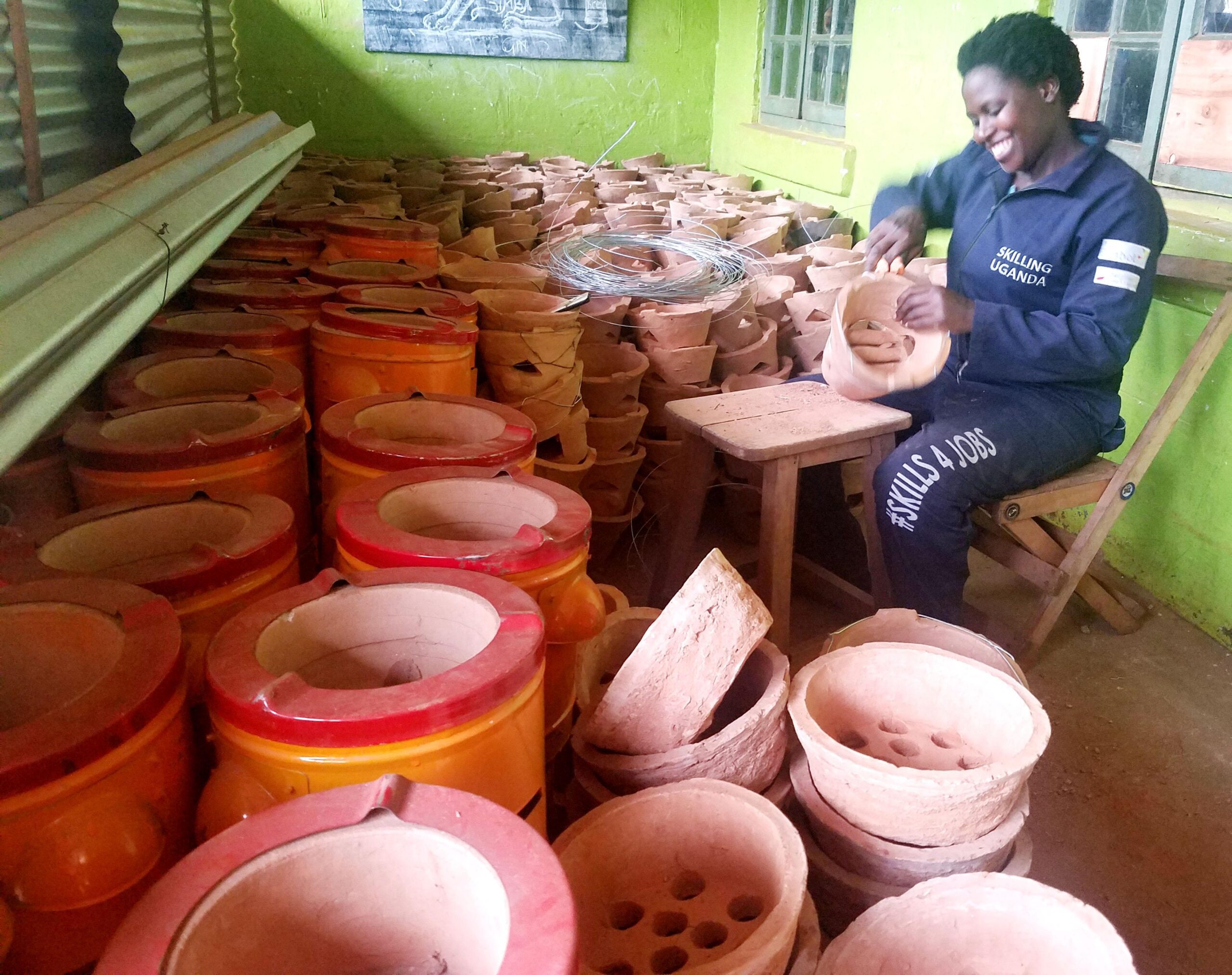
2) What were your goals when you started working in energy storage? Have these evolved?
My goal when I started in the energy sector was to provide rural access to affordable, clean and sustainable energy technologies. Rural households particularly women-led households were spending more money on fuel for lighting and cooking as well as spending more time looking for fuelwood. I took time to make rural communities aware of the available energy alternatives that are clean, affordable and income saving.
Yes, my goals have gradually evolved. Since Uganda’s most practised activity is farming livestock and crop husbandry, I have found that animal droppings and agricultural waste can be recycled into biogas and charcoal for cooking.
Additionally, I have seen women become active players in energy storage, adopting new skills and knowledge, and the beautiful part is that their efforts are collective through groups for knowledge sharing and income support.
3) How has the COVID-19 pandemic impacted the professional goals you set out for the year?
Many people were not prepared for such a pandemic and it has been a disaster causing tension worldwide and a total lockdown in Uganda. Being a mother and wife, my roles have tripled and this lessens my productivity as I am concentrating more on domestic roles. This has greatly affected my professional goals.
Personally, I thought that it would take one to two months to return to normalcy, but it has now been six months. Transport for the delivery of materials and energy products as well as their distribution is now limited. For instance, we recently shipped products from across the border and the costs were twice as high and the products took much longer to reach us.
Additionally, our target customers are mostly rural communities whose activities are conducted in group meetings, and due to the pandemic, they can no longer meet to save and make payments.
However, I noticed some opportunities as well. Due to the pandemic, household income has been unstable and national electricity has been cut off in some areas due to poor payment. There is now an increased need to opt for more sustainable, affordable and renewable energy storage.
4) What are the opportunities for energy storage growth in your country?
The generation capacity in Uganda is dominated by hydropower, supported by heavy fuel oil and biomass cogeneration power plants. However, erratic rainfalls have affected electricity supply leading to frequent load-shedding.
Uganda has one of the lowest electrification rates in Africa where 55% of Ugandans have access to electricity, however, access drops to 10% in rural areas and only 19% nationwide. The country is under pressure to find additional energy storage sources as power demand is growing at an annual rate of 10 to 12%.
Uganda has an abundance of water and sunshine, and being largely dominated by farming activities there is a lot of agricultural waste. All of these can be tapped to provide reliable and affordable sources of power.
Furthermore, with USAID Power Africa support, the government is seeking private sector investment to develop mini-grids for over 650 target communities.
5) What challenges have you faced in the sector? Can you tell us how you overcame (or are overcoming) this challenge(s)?
The energy sector has many actors ranging from manufacturers to last-mile distributors. Unfortunately, there have been uncertified and poor quality technologies offered to people and this has brought about difficulties in getting expected returns from the community when offering high-quality energy products and services, particularly solar.
However, we are gradually overcoming this challenge by partnering with certified companies, engaging in community education and ensuring that the products/services have a warranty for follow-up and handling complaints.
Another challenge is the fact that I grew up in this community and I find myself drawn to various needs and sometimes my focus is split across different areas that need my attention. This has been addressed by knowledge and skills transfer to my team, building on their knowledge so they can handle different projects.
Lastly, the energy sector is male-dominated with women receiving limited support, even though women are the invisible driving force in achieving SDG 7. Women need to identify themselves, their inner power and commit to seeking more knowledge and skills while working on their goals.
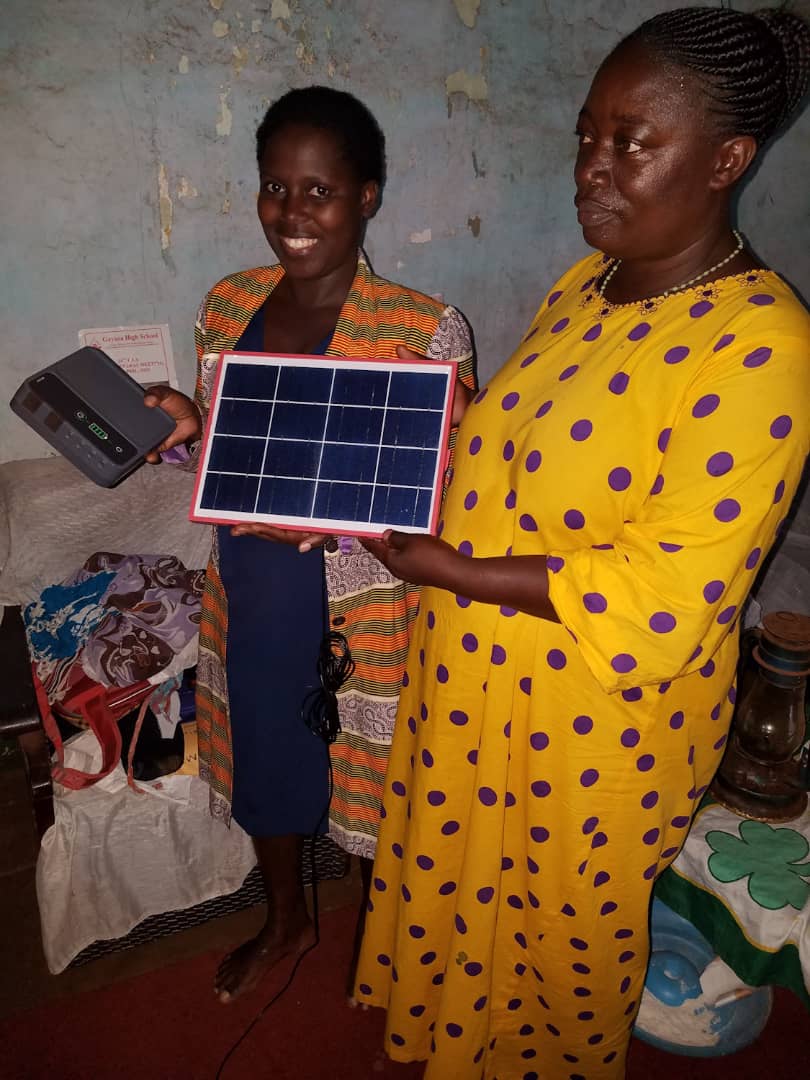
6) Why did you join the Women in Energy Storage Mentorship Programme? What do you hope to achieve?
I joined the mentoring program hoping to achieve more skills in quality energy storage technology and improving energy services, in order to ensure that they are efficient and sustainable particularly in rural settings.
Being a social worker by training, the energy storage mentoring program shall provide me with an open learning space, access to more resources, and great connections with fellow mentees to exchange learning, creating a pathway to acquire more knowledge and skills in the energy sector specifically energy storage.
Being in a mentorship with experienced professionals from various parts of the world will enable me to have new perspectives for more innovative actions for the energy transition and to live as an inspiration for fellow women.
7) What advice would you give to women hoping to join the energy storage sector?
The future of energy storage affects more women than men, and therefore women need to take charge to influence an effective energy storage transition.
Women are more organized, committed and united when it comes to solving issues affecting them, and energy has become one of the priority needs of women. We need to utilize these abilities to step forward and lead the energy storage transition agenda so that together we can achieve SDG 7.
Read more about GWNET’s mentoring programmes here.

